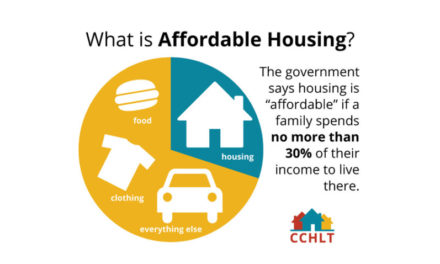“People who are committed to the future and what they do in their cities cannot be underestimated.” —Joe Cortright
Memphis, incorporated as a city in 1826, is about 10 years away from beginning its third century. Even sooner, in May 2019, Memphis will observe the 200th anniversary of its founding by land speculators John Overton, James Winchester, and Andrew Jackson.
As it closes in on these milestones, the lack of conversations about what kind of city it should be is startling — a city where we are still talking about problems or one where we have taken dramatic action to solve them.
Memphis approached its 150th anniversary celebration much differently. The calendar for its sesquicentennial included an array of events, concerts, speeches, a regatta, special newspaper editions, and even commemorative porcelain, and annual events like the Mid-South Fair, Cotton Carnival, and Cotton Makers Jubilee tied their events to the city’s 150-year party.
Planning had been under way for years, but a year before the events, Dr. Martin Luther King Jr. was murdered in downtown Memphis, casting a pall over the celebrations. As a result, the sesquicentennial was as much as anything an exercise in mass hypnosis as Mayor Henry Loeb, other elected officials, and business leaders ignored the evidence of a city already in transition and generally defined the future as an extension of the present.
An Urgent Push
To some degree, that attitude continues to characterize Memphis, but more and more we realize that the city must change its trajectory to be more prosperous. The emerging willingness by today’s leaders to call trend lines troubling rather than pretending they don’t exist is largely the result of honesty from younger business leaders and local philanthropies impatient with business as usual.
As a result, for the first time in recent years, we feel a palpable sense of urgency and a push for change that is reshaping local priorities and putting muscle behind some issues like entrepreneurship, poverty reduction, and neighborhood revitalization that have in the past been defined more by rhetoric than results.
Moving to the future without an intentional program to improve Memphis’ trend lines means that the city remains in the bottom rankings for most economic indicators, most notably, college-educated workers, and in the top rankings for child poverty and the violent crime rate.
So, what if Memphis decides to use its 200th anniversary to provide the nation with a city renewed by progress and change?
Getting To The Right Question
Speaking in Memphis last year, Carol Coletta, then Knight Foundation Vice-President for National and Community Initiatives, said the trick for Memphis is to see the next few years as its “runway to its third century,” and to “start imagining what we can do in the next 10 years.”
The “biggest challenge,” according to Joe Cortright, Portland economist and head of the City Observatory think tank, who spoke with Ms. Coletta, “is asking the right question.” He added: “When we think about the success of cities, it hinges on citizens and a citizenship. Even in a global economy, people who are committed to the future and what they do in their cities can’t be underestimated.”
“It’s all about place and talent,” he said. “Talented people are mobile so if you don’t have a great place, it is very hard to hang on to educated people in the community. This is important because a better educated city is a more successful city. A person with just a high school diploma earns more in a city with higher educational attainment because there is more economic opportunity.”
In particular, both said that Memphis should pay closer attention to improving neighborhoods within three miles of downtown. “Well-educated young adults are more likely than ever to live in urban neighborhoods,” Mr. Cortright said. “Close-in neighborhoods are growing twice as fast as other neighborhoods.”
Downtown Matters
It’s why, Ms. Coletta said, the core of downtown needs more vibrancy, but also, “we’ve written off North and South Memphis, and there are strengths there we can build on to create affordable opportunities” that can be a competitive advantage.
If Memphis picks up the challenge of using the next 10 years to prepare to enter its third century strong and attracting national media coverage, it should develop an ambitious agenda seen through the lens of talent, opportunity, and quality of life, Ms. Coletta said.
Ultimately, “the future is made by thousands of people making small decisions about their lives in the city,” she said, adding, “it’s the collection of these decisions that will define Memphis’ third century.”
But to get to that destination successfully, it’s a journey that must begin today.
**
Previously published as Memphis Magazine’s City Journal column.
Join us at the Smart City Memphis Facebook page for daily articles, reports, and commentaries that are relevant to Memphis.





